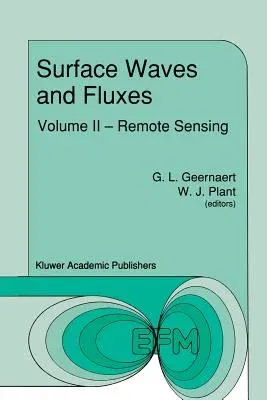Surface Waves and Fluxes: Volume II -- Remote Sensing (Softcover Reprint of the Original 1st 1990)Paperback - Softcover Reprint of the Original 1st 1990, 20 September 2011

Qty
1
Turbo
Ships in 2 - 3 days
In Stock
Free Delivery
Cash on Delivery
15 Days
Free Returns
Secure Checkout
Part of Series
Environmental Fluid Mechanics
Print Length
352 pages
Language
English
Publisher
Springer
Date Published
20 Sep 2011
ISBN-10
9401067694
ISBN-13
9789401067690
Description
Product Details
Book Edition:
Softcover Reprint of the Original 1st 1990
Book Format:
Paperback
Country of Origin:
NL
Date Published:
20 September 2011
Dimensions:
23.39 x
15.6 x
2.01 cm
ISBN-10:
9401067694
ISBN-13:
9789401067690
Language:
English
Location:
Dordrecht
Pages:
352
Publisher:
Weight:
535.24 gm

